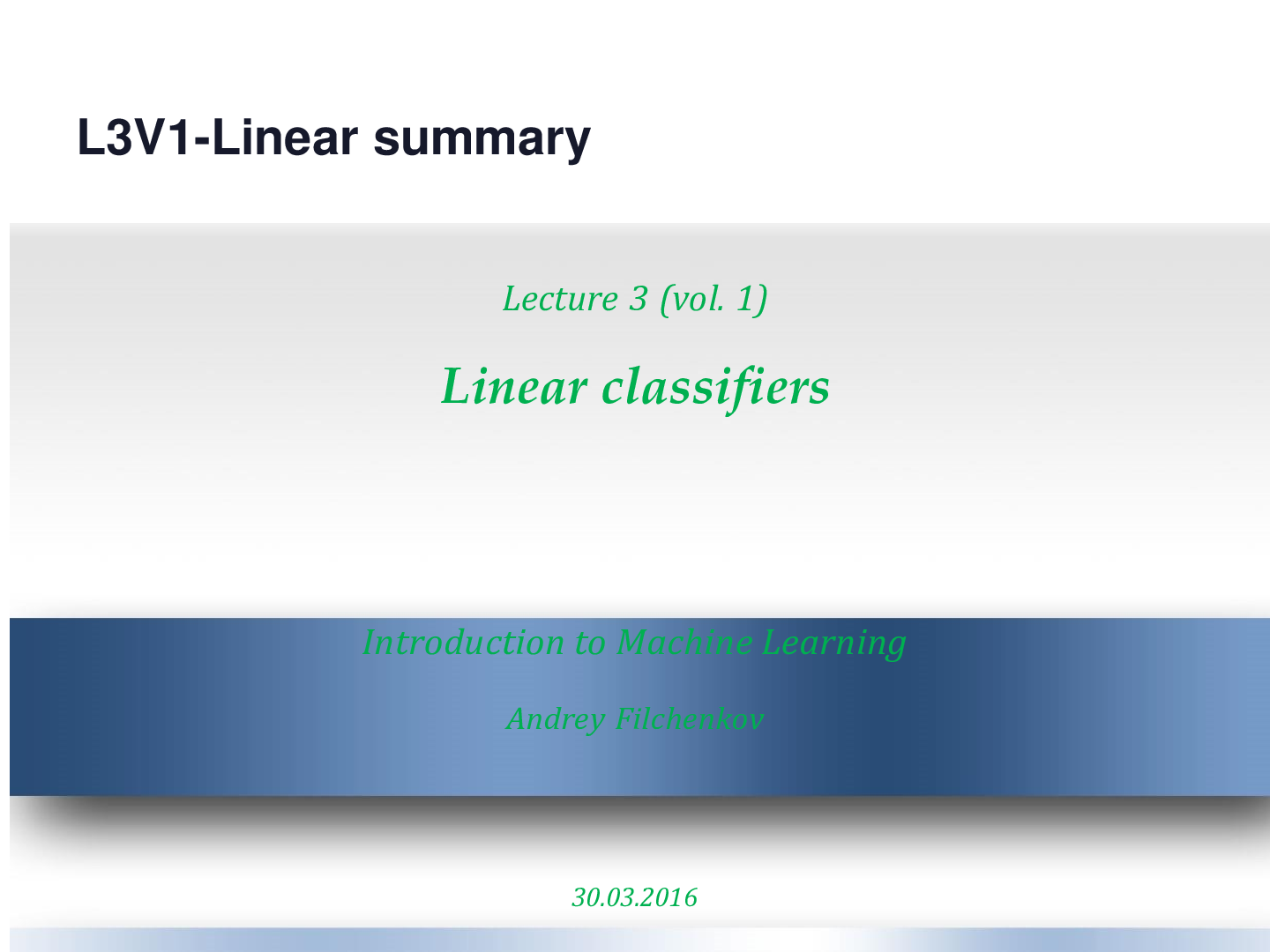Philosophy > Summary > Kantian Approaches to Some Famine Problems Summary Western University - PHIL 1020Oneill phil (All)
Kantian Approaches to Some Famine Problems Summary Western University - PHIL 1020Oneill phil
Document Content and Description Below
PG 538-544 Onora O'Neill: Kantian Approaches to Some Famine Problems Online Simplified Summary O'Neill's approach to the question of what affluent people ought to do for those suffering from famine... differs substantially from Peter Singer's. Instead of giving a utilitarian account, which focuses strictly on the consequences of one's actions, she gives a Kantian, duty-based account, which focuses on people's intentions. She begins by briefly explicating one of the central claims of Kantian ethics, that one must never treat a person (either oneself or another) as mere means, but "always at the same time as an end. She explains that, according to Kant, the moral worth of one's actions is determined by the maxim (or intention) that governs the decision to act, not by the act's consequences. Using a person as a mere means involves an intention to involve the person in an action "to which they could not in principle consent. So, while one often uses people as means (e.g., when one uses a cashier to pay for groceries), this is usually done with the other person's consent. However, if one deceives the other person (by a false promise, for example), then the other person in principle cannot consent, for deception requires that the other person not know of the deceit, and consent requires an absence of deception. Not treating other people as mere means is a clear requirement of Kantian ethics; beneficent treatment of other people (e.g., by actively promoting their ends), however, is not a requirement. Where a utilitarian thinks that one must act beneficently when doing so will promote overall happiness, a Kantian thinks that one need not aim at overall good (i.e., overall best consequences) in one's actions. Acting beneficently may be a good thing to do, but one is only morally required not to treat other people as mere means. Applying Kantian ethics to famine circumstances, O'Neill argues that in a famine-stricken population, one has obligations not to cheat on any rationing scheme and to fulfill one's duties to particular people (e.g., one's dependents). However, for those living outside the stricken population, the requirements are less exacting. Outsiders are obligated not to take advantage of those stricken (with exploitative business deals, for example), and those whose work leads them to deal directly with people in stricken areas are obligated not to take advantage of their relative power [Show More]
Last updated: 1 year ago
Preview 1 out of 5 pages

Reviews( 0 )
Document information
Connected school, study & course
About the document
Uploaded On
Apr 02, 2021
Number of pages
5
Written in
Additional information
This document has been written for:
Uploaded
Apr 02, 2021
Downloads
0
Views
107

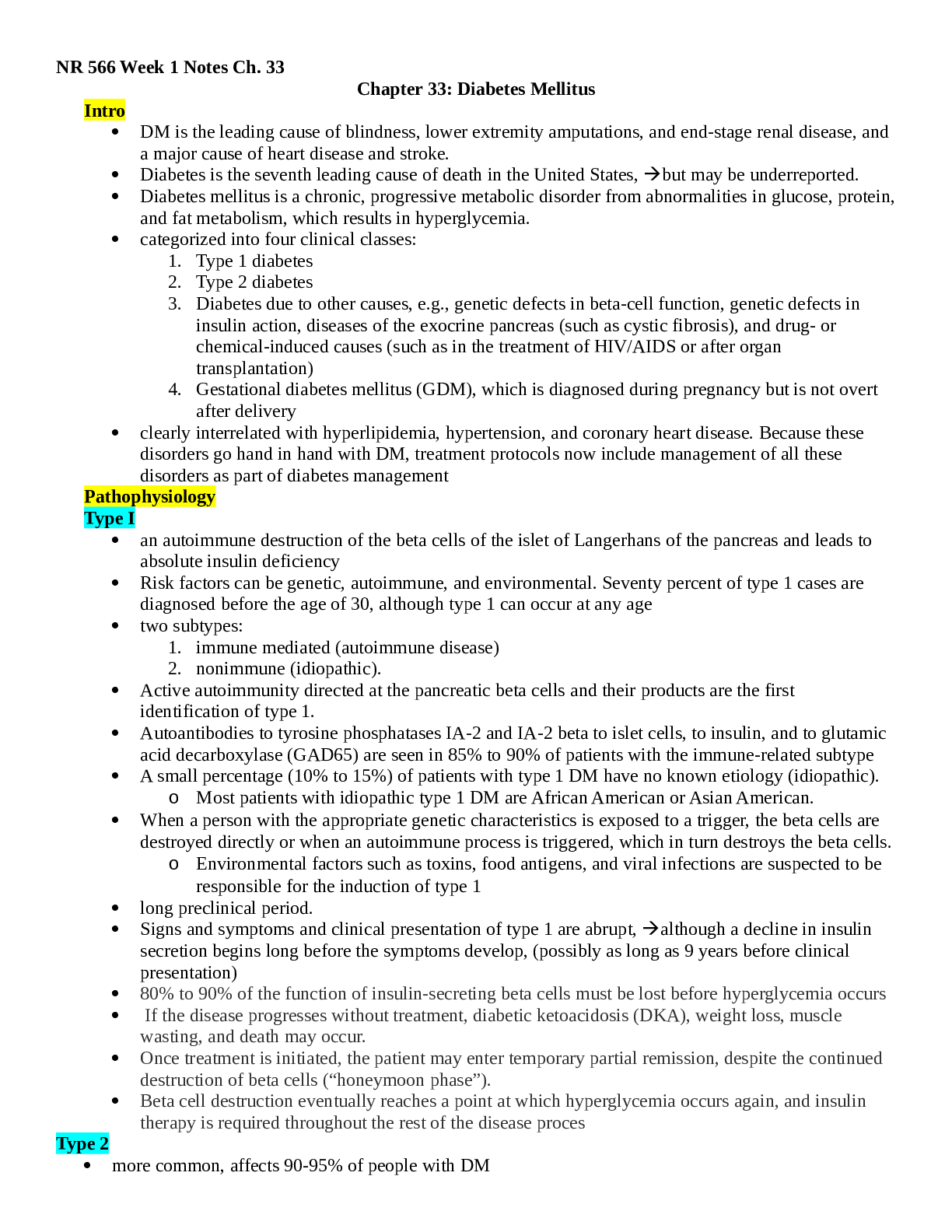
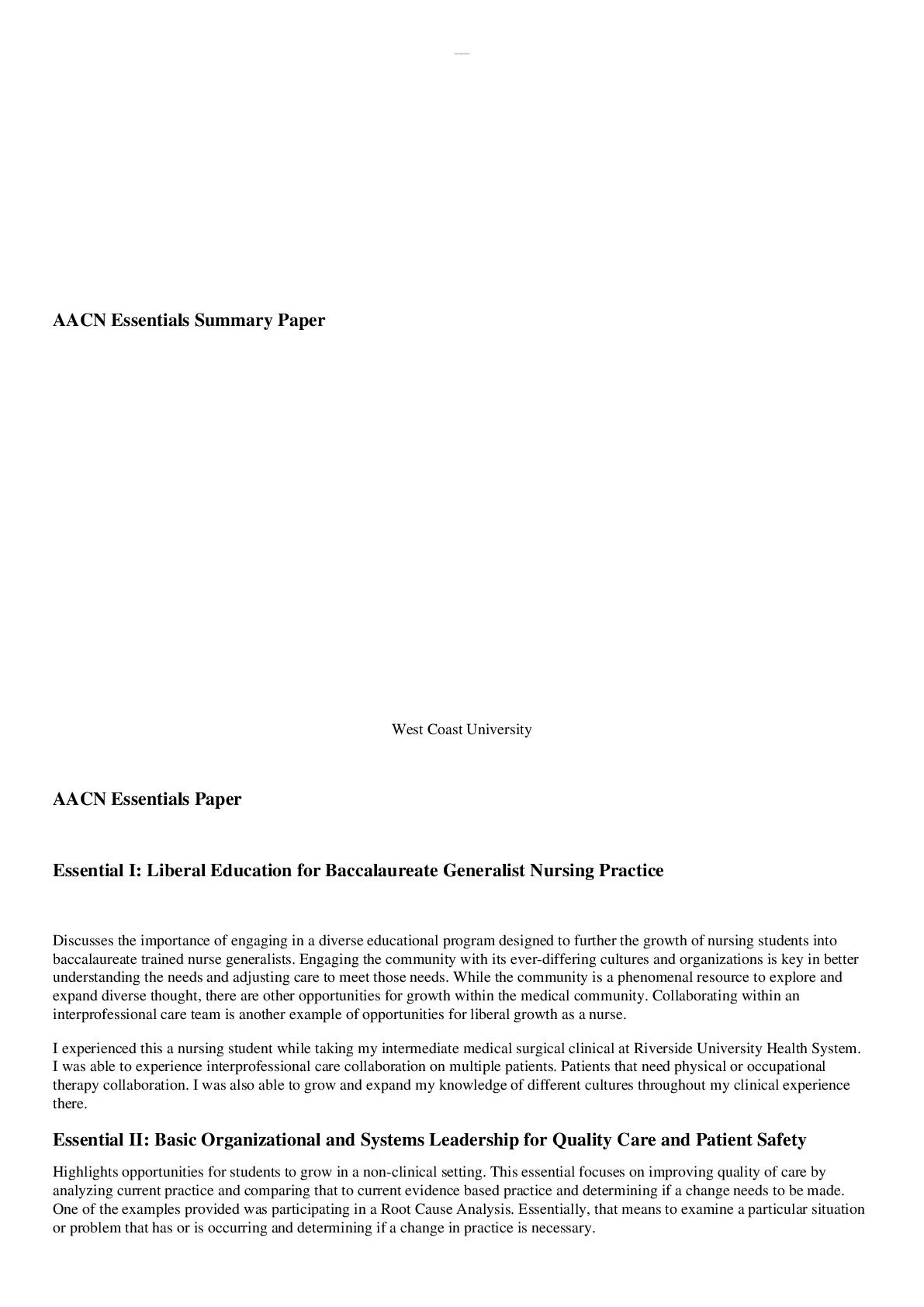
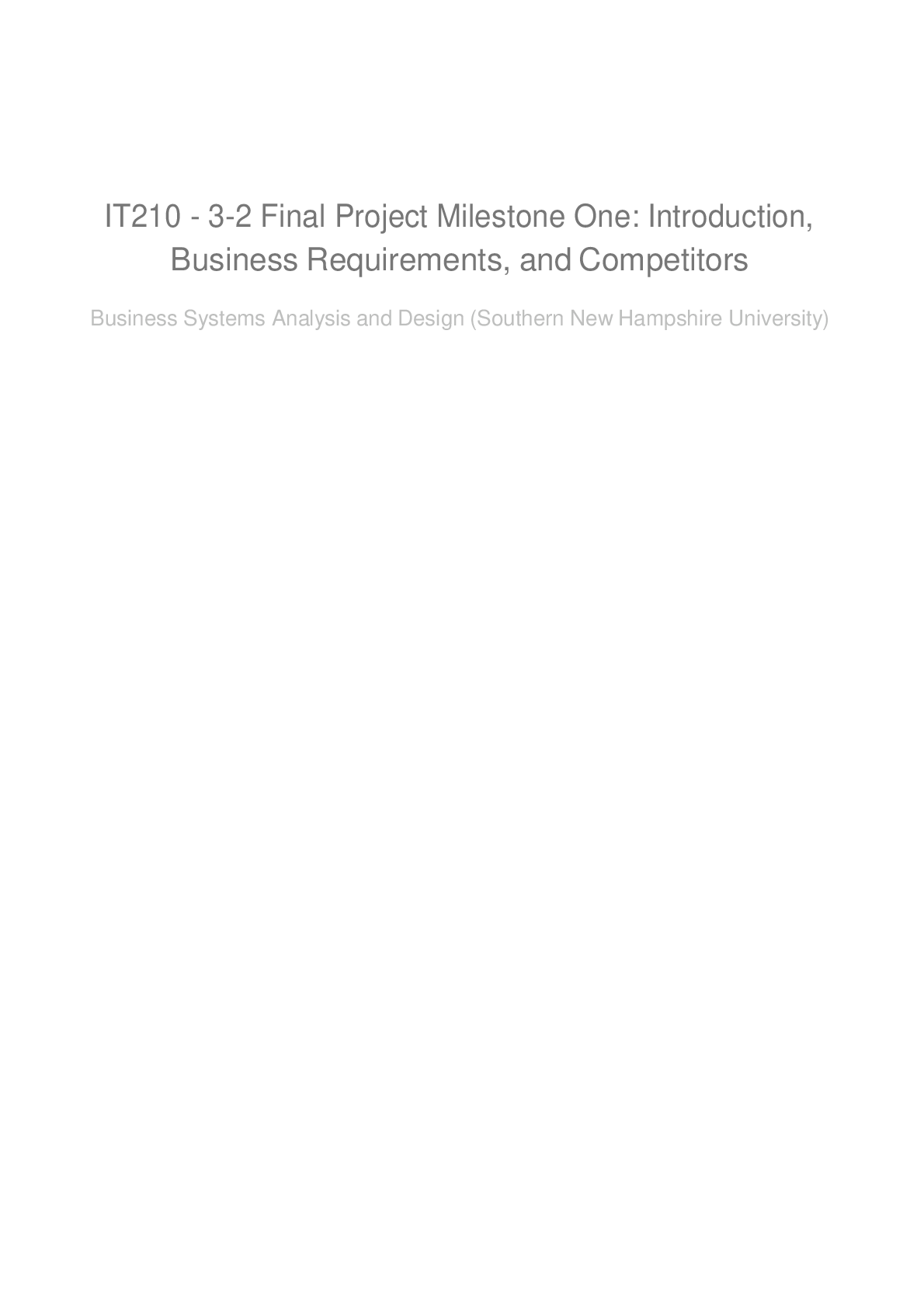


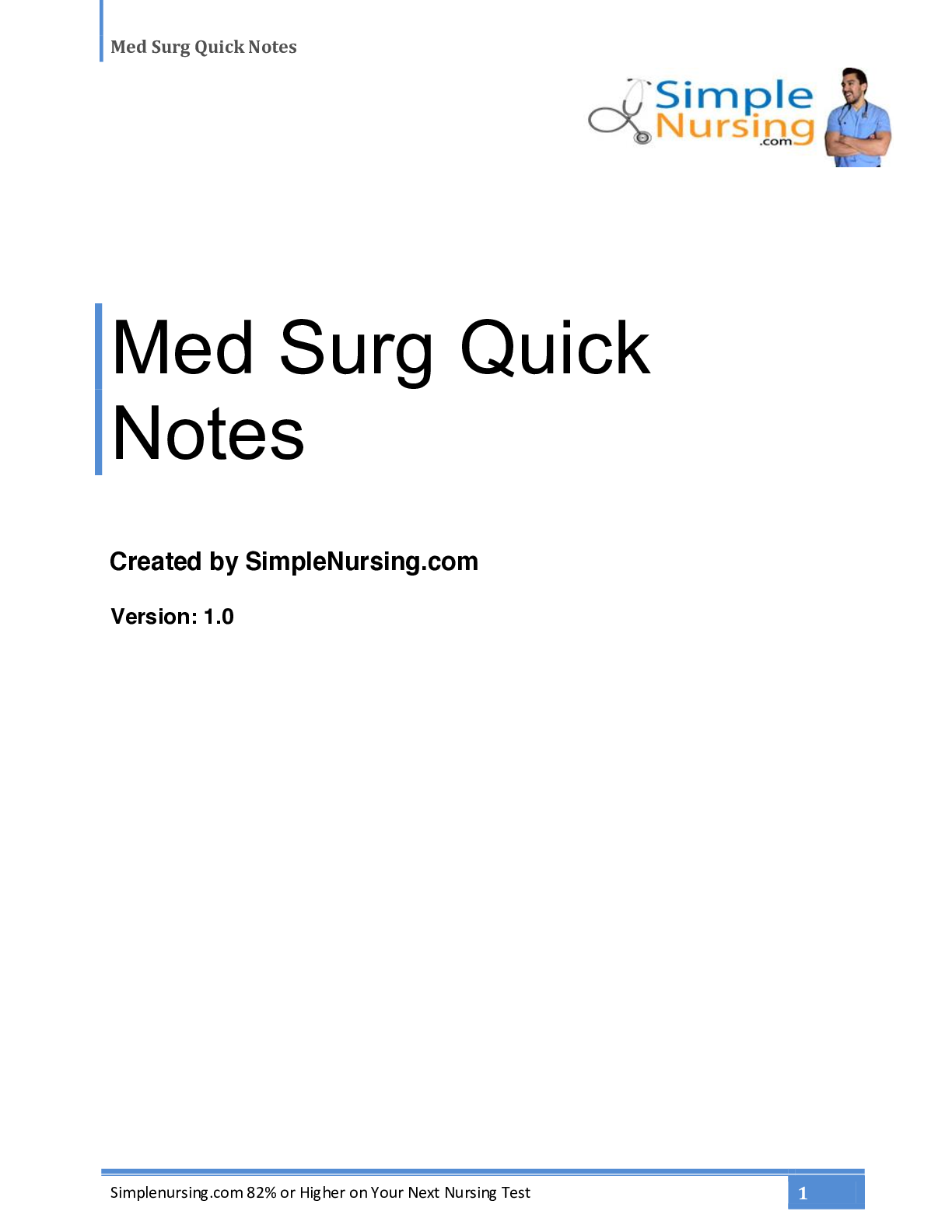
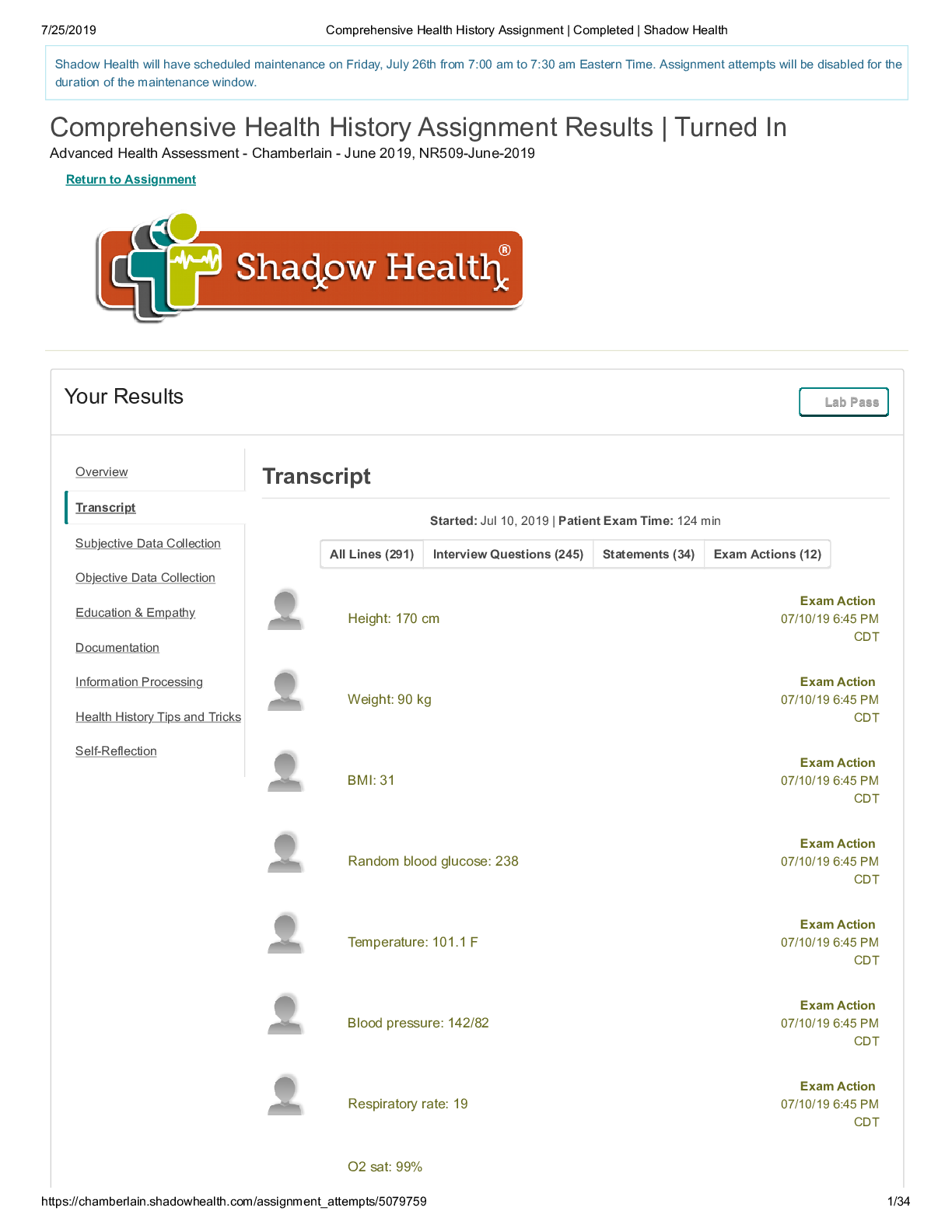
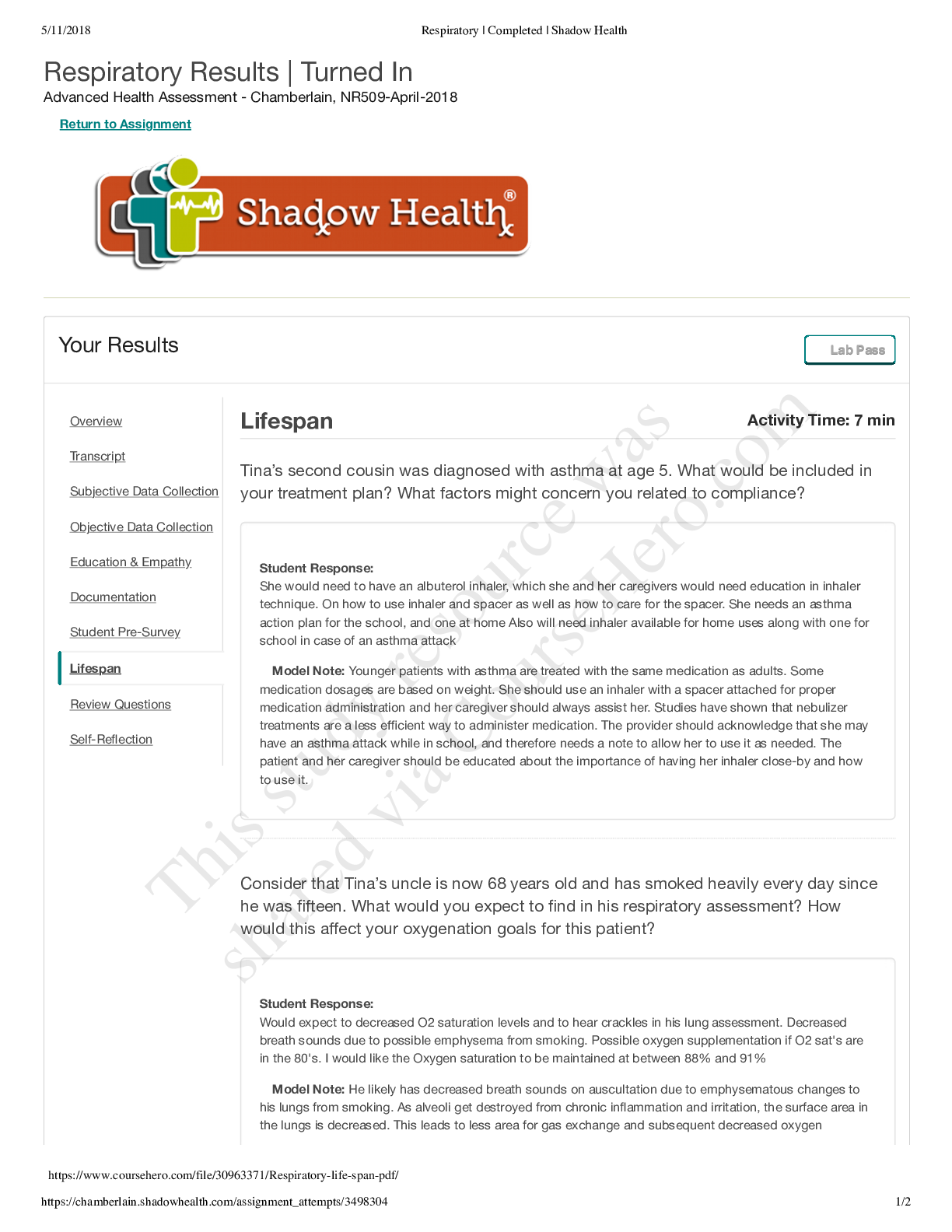
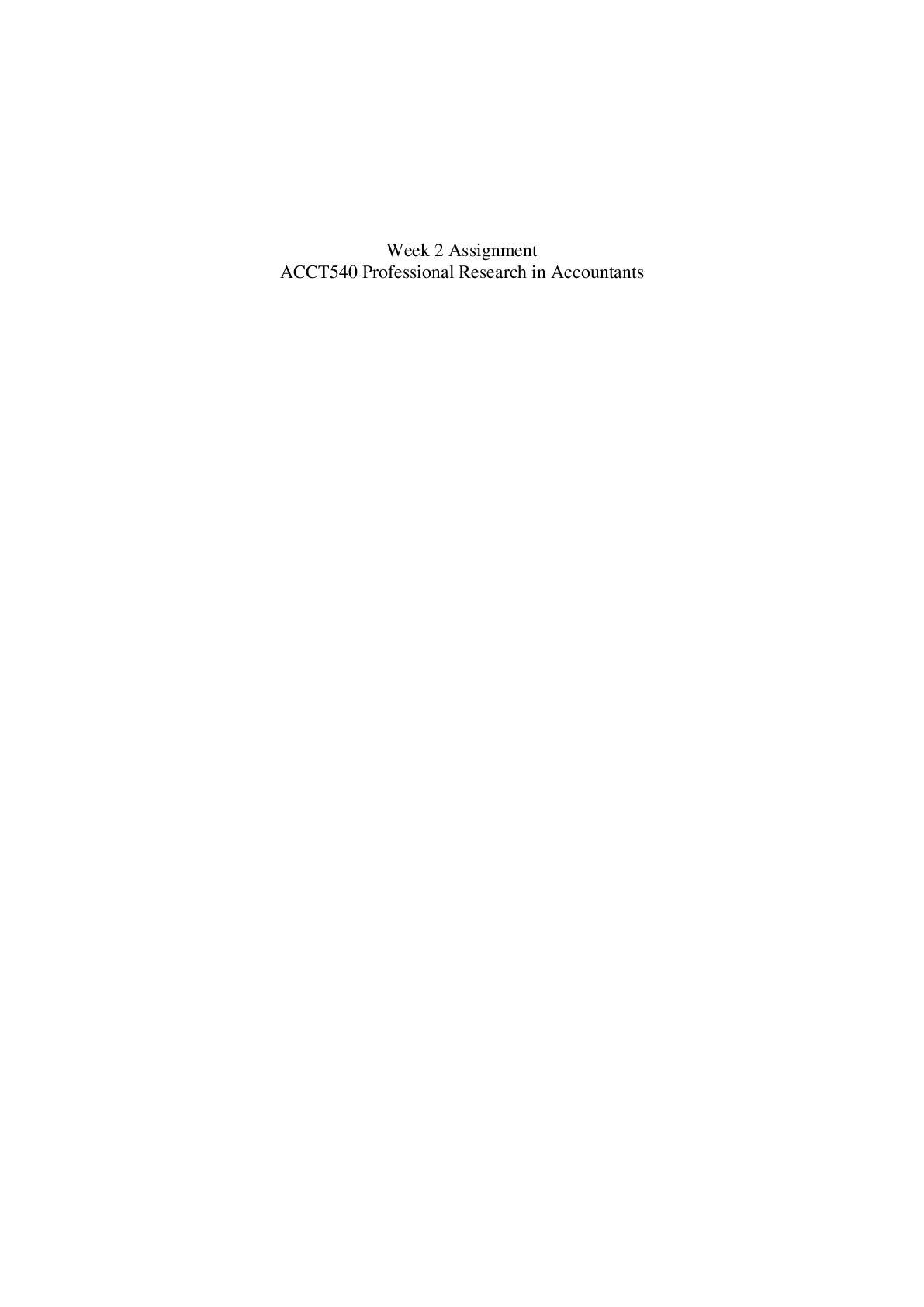
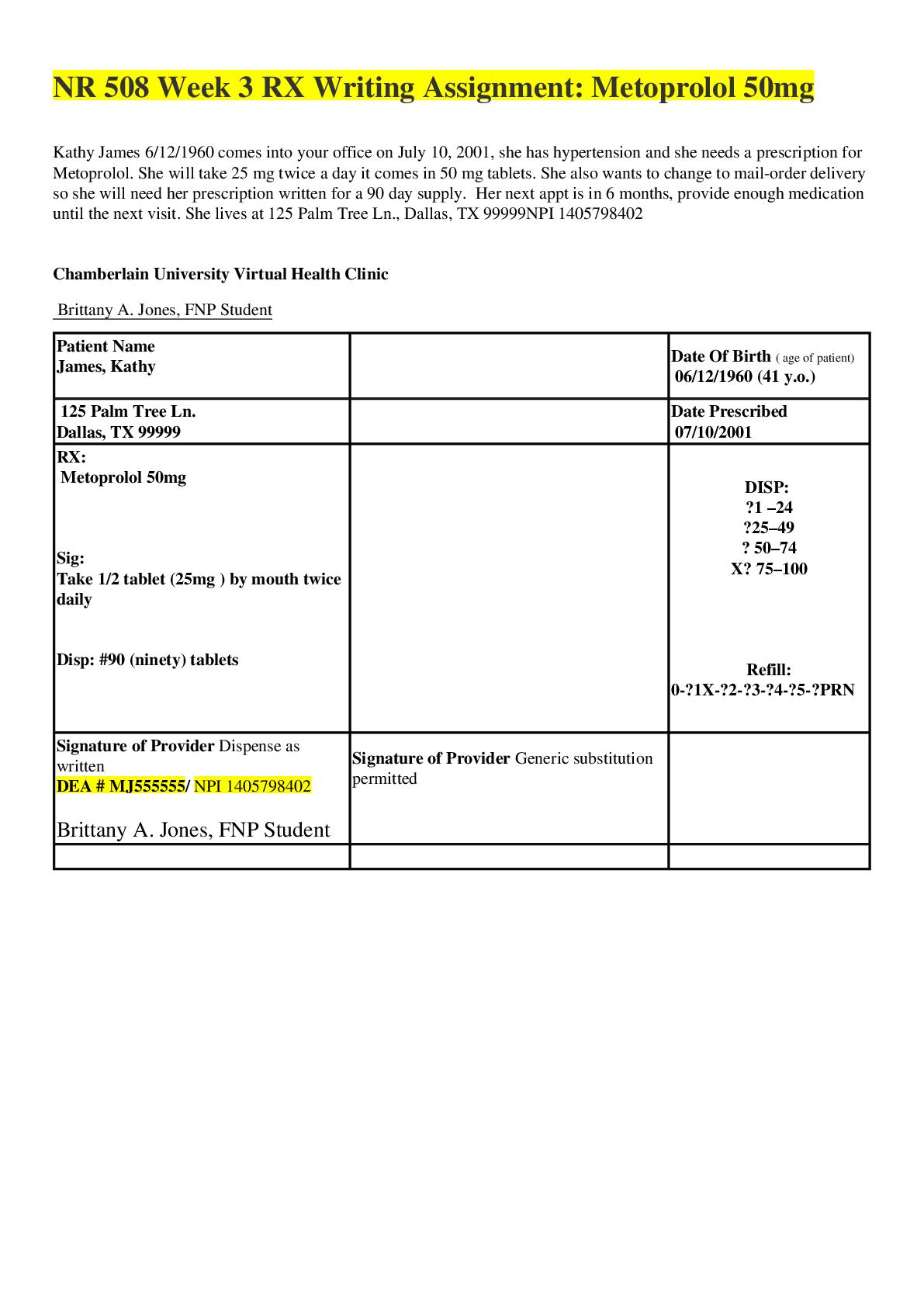


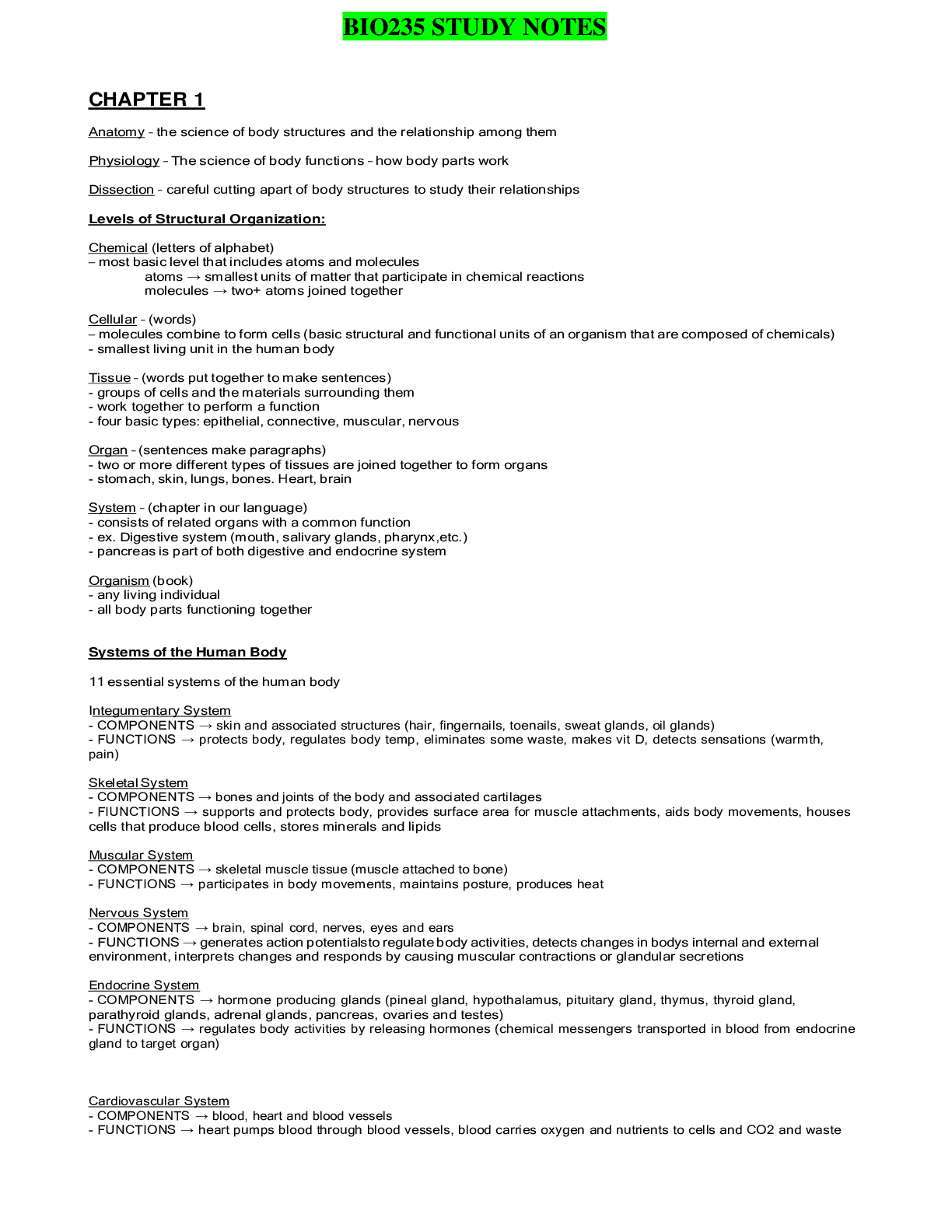
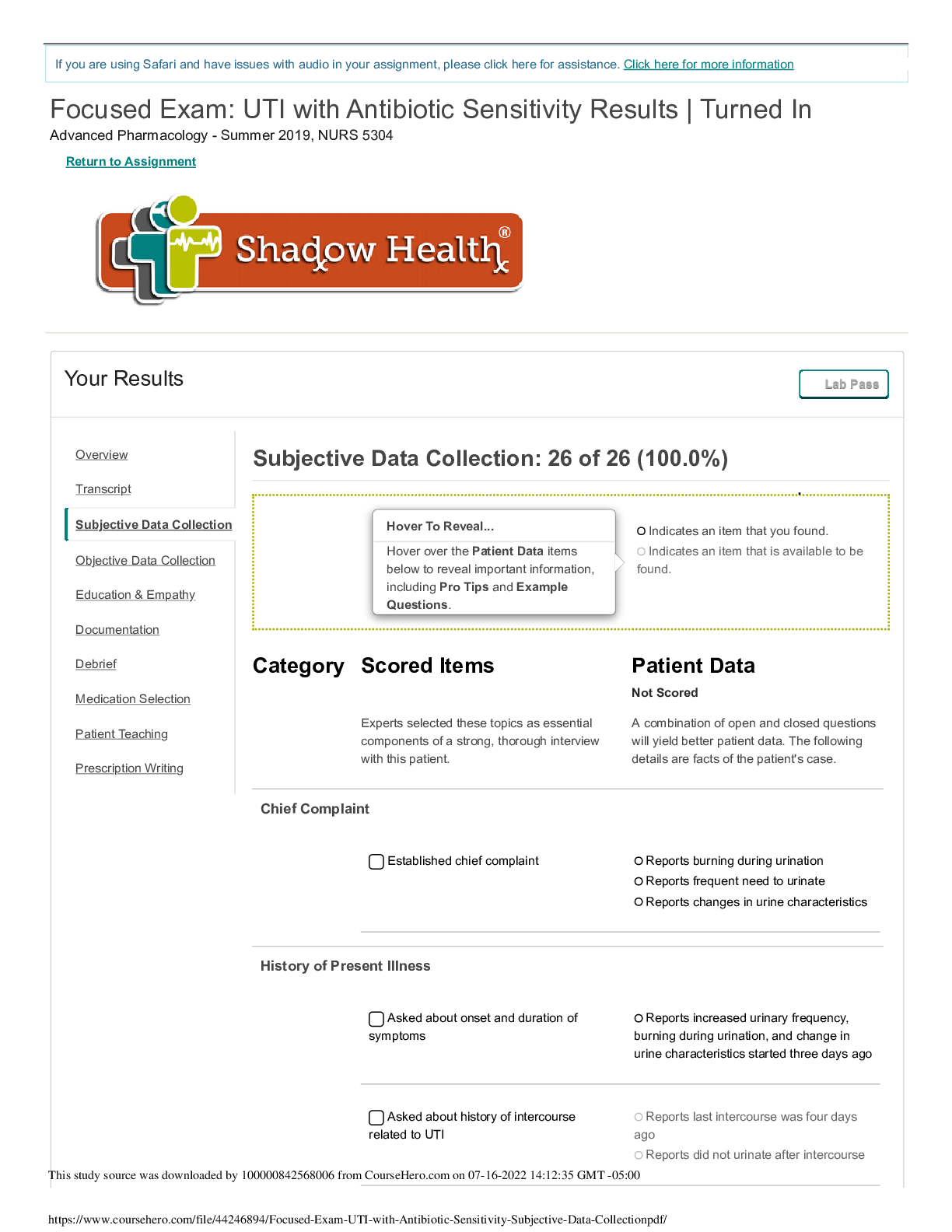
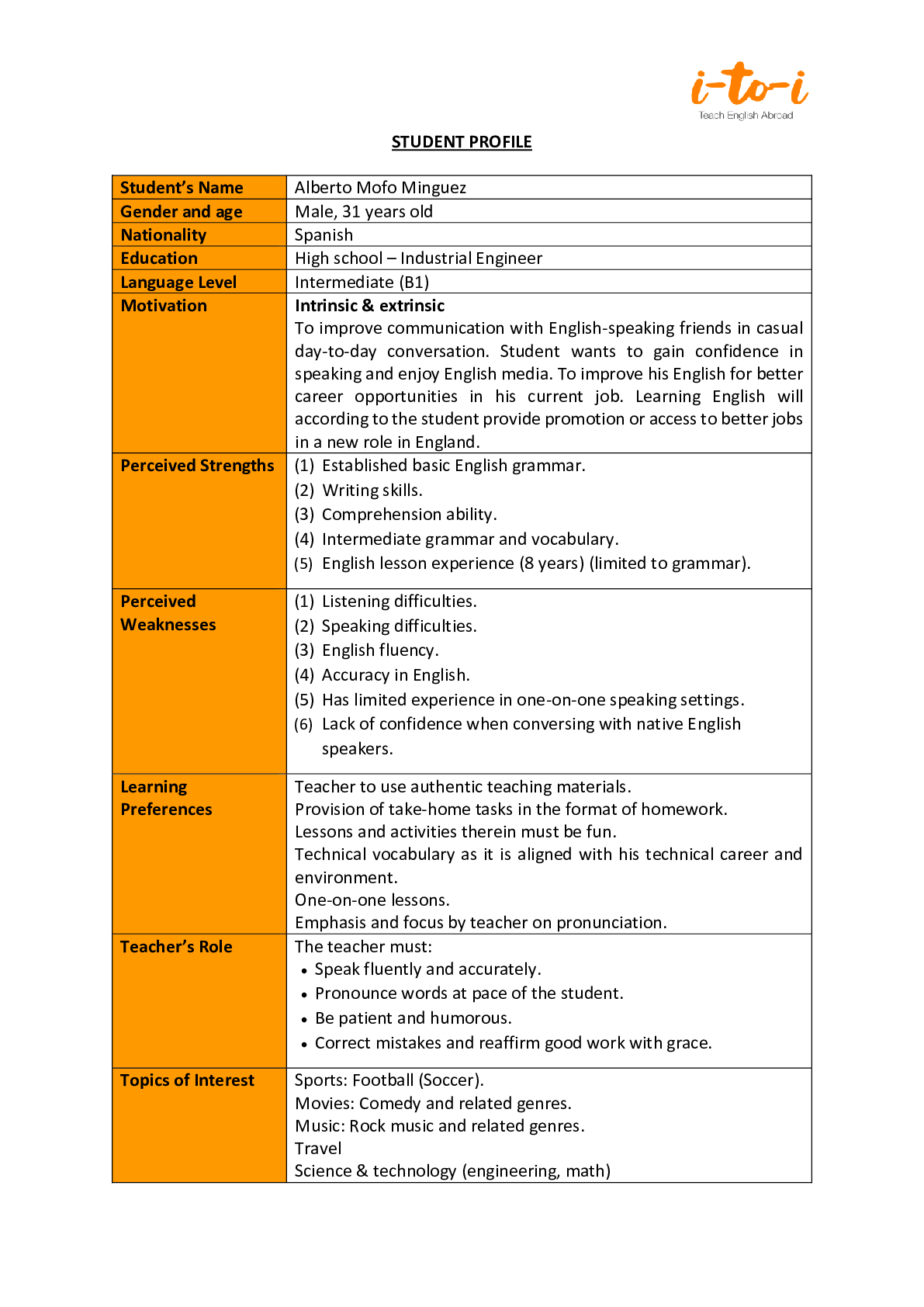
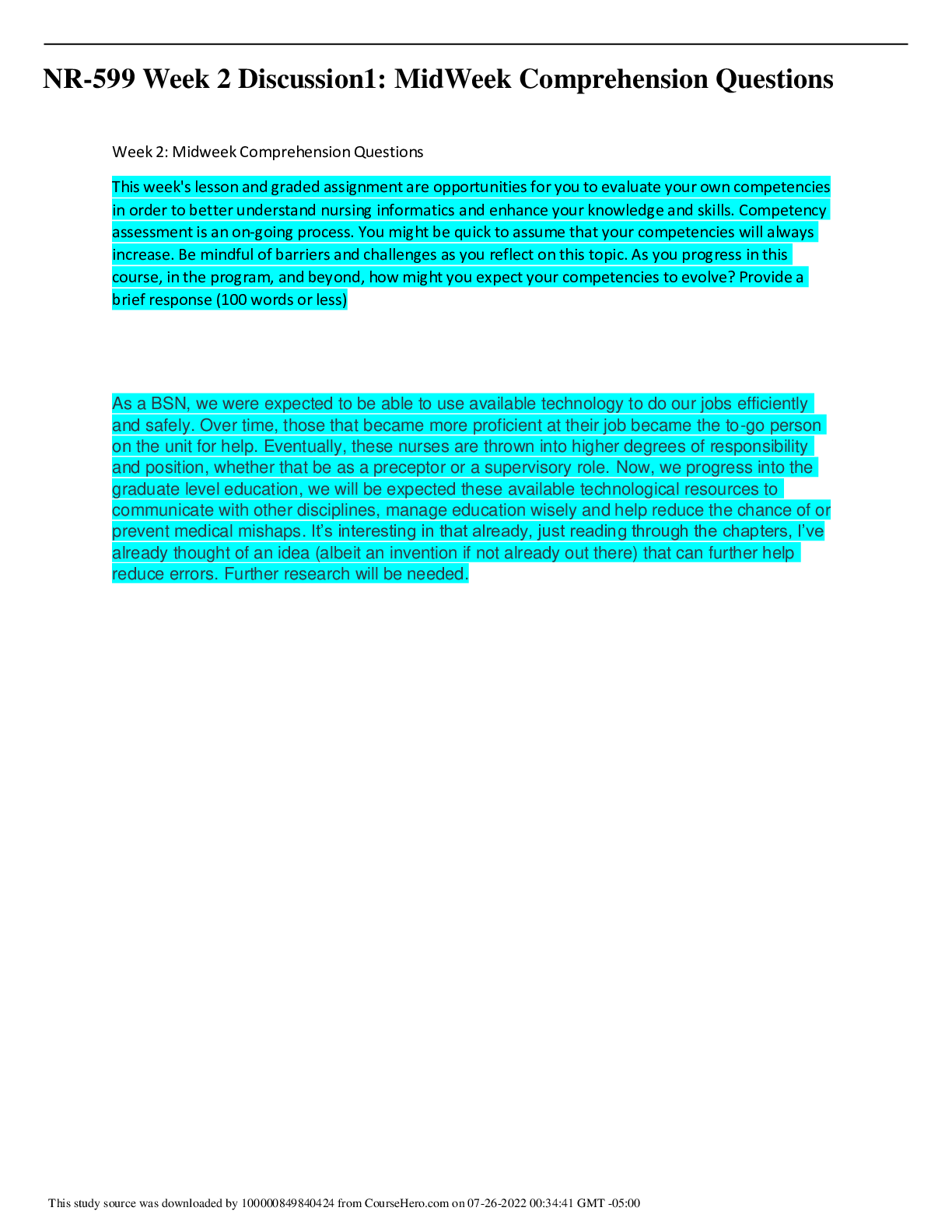
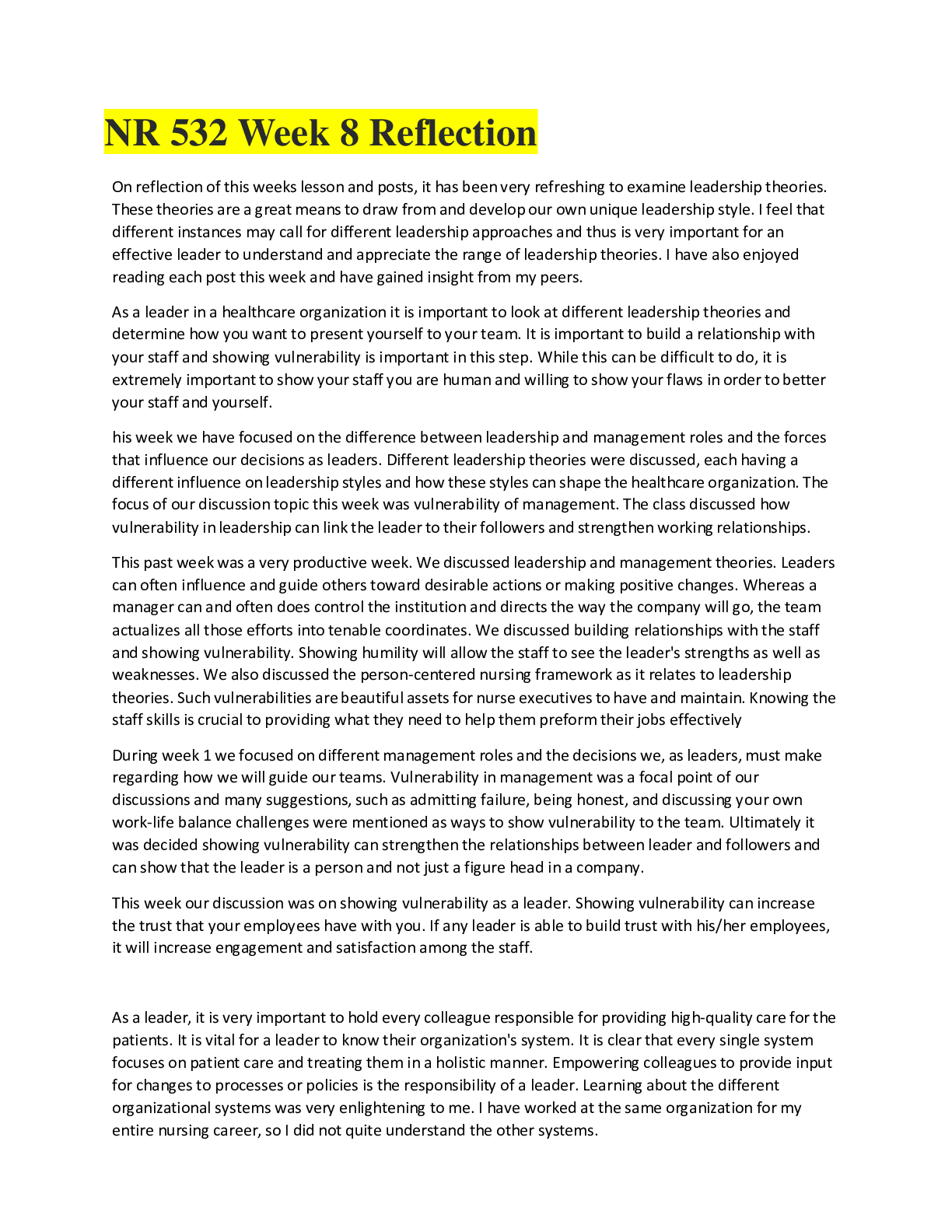
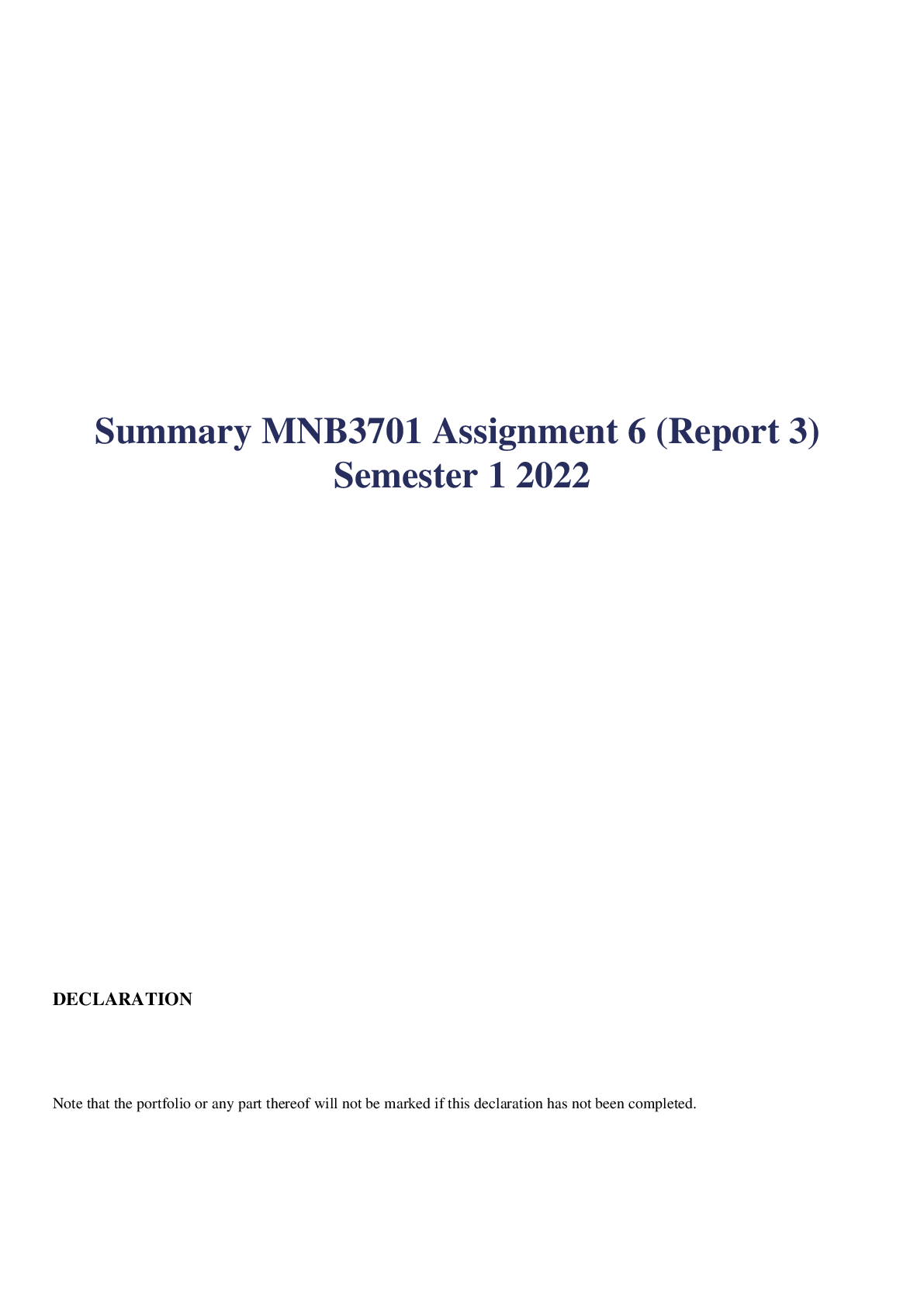
.png)
